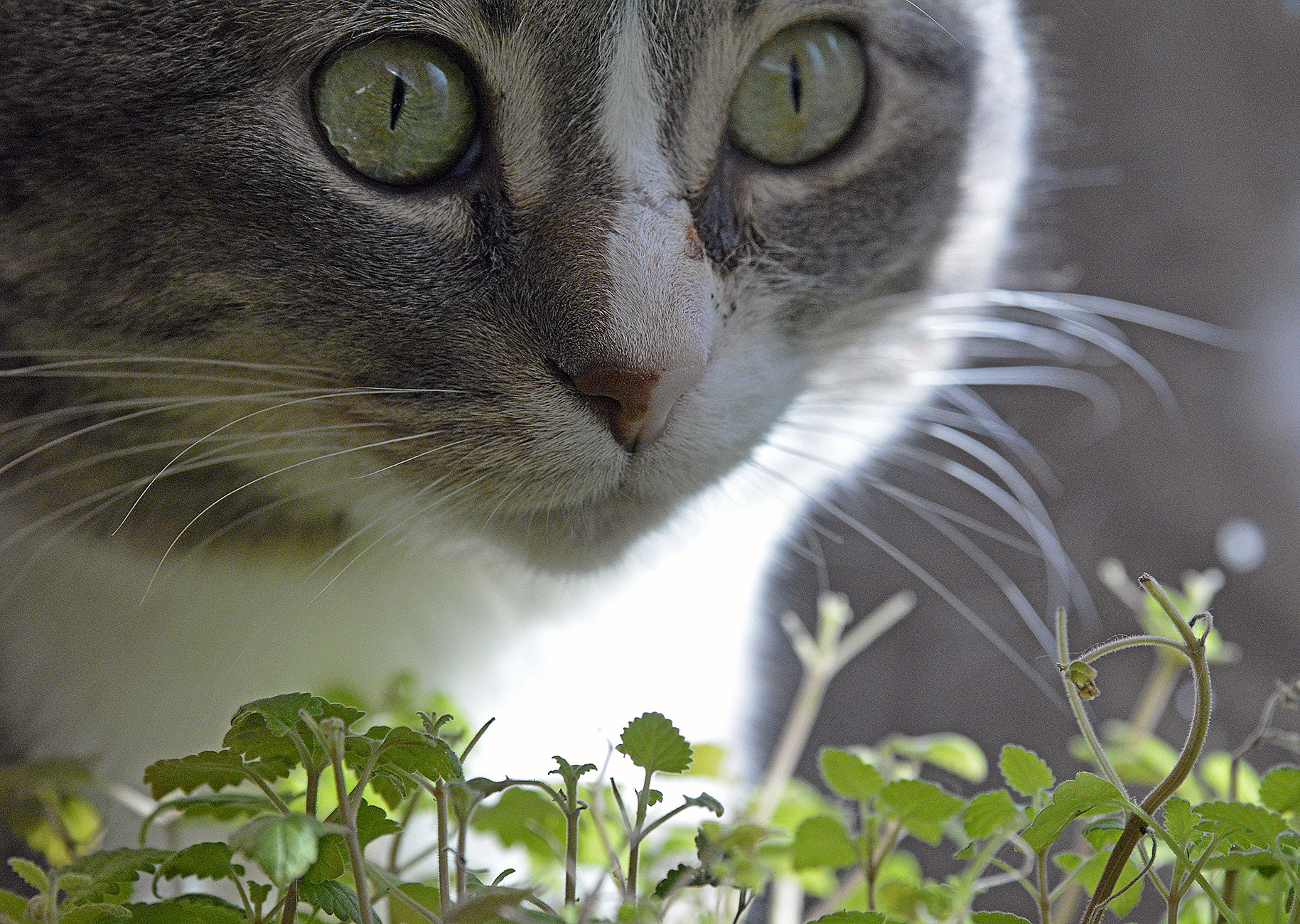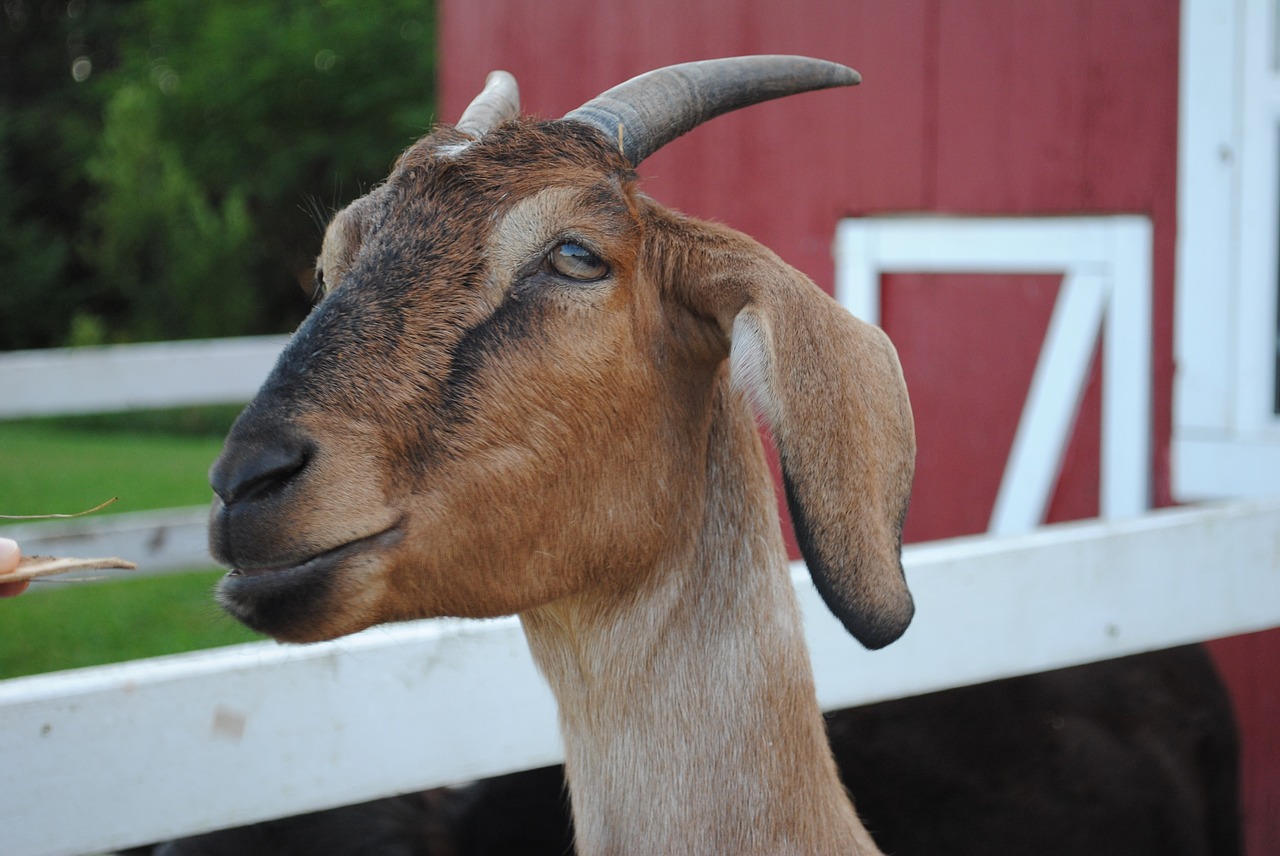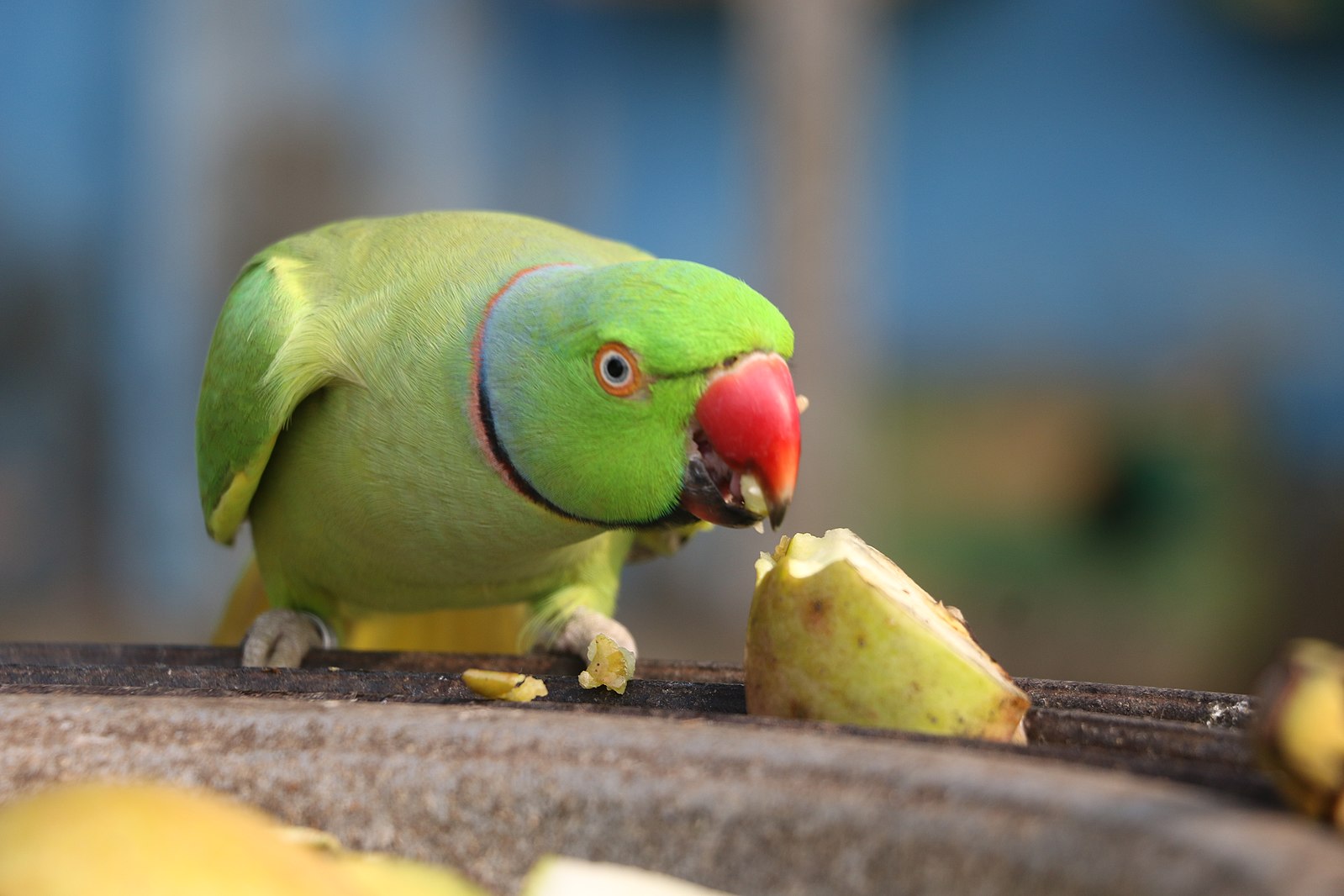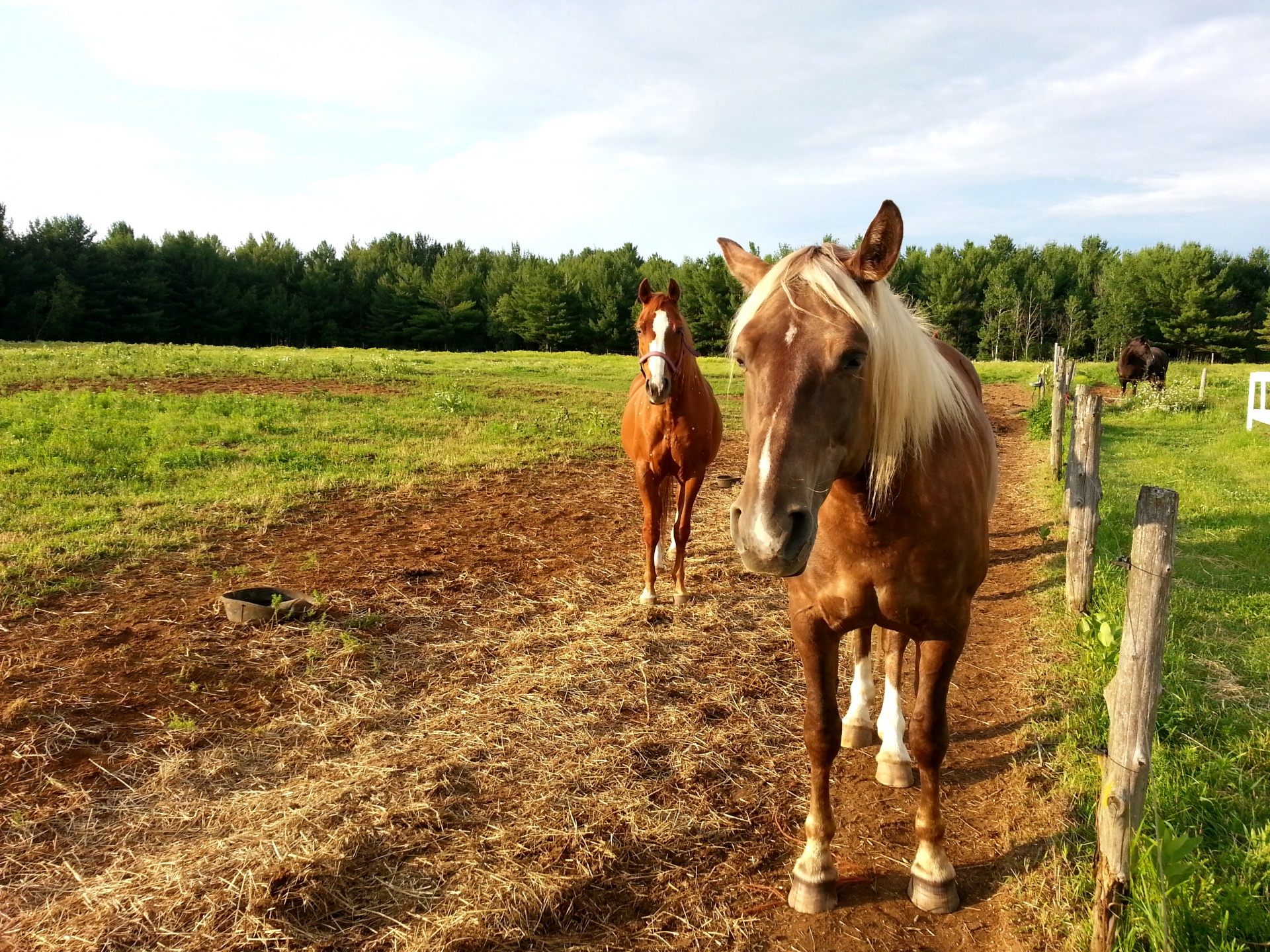Pet Talk
Feline Fine: The Benefits of Catnip
For many cat owners, busting boredom in their feline friend is a sizable concern. Cats are notoriously choosy about their toys, and an under-stimulated cat might result in shredded furniture and shattered knick-knacks. One way owners can capture their cat’s interest is with catnip. Dr. Lori Teller, a clinical associate professor at the Texas A&M […]
(Tur)Keys to a Pet-Friendly Thanksgiving Feast
Each Thanksgiving, we are brought together through food, community, and tradition to reflect on the year and give thanks. This holiday, pet owners can make sure they are showing appreciation to their furry friends by protecting them from any hazards these festivities may bring. Kit Darling, infection control coordinator at the Texas A&M College of […]
Don’t Sugarcoat It: The Facts of Feline Diabetes
November is Diabetes Awareness Month, a time that calls attention to the impact this disease has on millions of Americans and to the daily health choices we make. But while most associate diabetes with humans, many do not realize that our feline friends are also susceptible to the disease. Dr. Audrey Cook, a professor at […]
A Scent-sitive Subject: Essential Oil Diffusers and Your Cat
Essential oils are often presented as a naturalistic approach to personal care and home fragrance. However, just because these oils are derived from plants doesn’t make them healthy, or even safe, for your cat. Dr. Murl Bailey, a professor at the Texas A&M College of Veterinary Medicine & Biomedical Sciences (CVMBS), advises pet owners to […]
The Stone-Cold Facts of Uroliths in Livestock Animals
Water belly, urinary blockage, stones—uroliths have many names, but their presence in livestock animals is a serious condition. Dr. Evelyn Mackay, a clinical assistant professor at the Texas A&M College of Veterinary Medicine & Biomedical Sciences, speaks of the dangers of uroliths and how livestock owners can recognize the causes and effects of these obstructions […]
Eating Your Greens: The Basics of Cat Grass
When confronted with the topic of healthy eating, we, as humans, are frequently reminded of the importance of including daily greens in our diets. Does your cat’s diet need the same? Dr. Lori Teller, a clinical associate professor at the Texas A&M College of Veterinary Medicine & Biomedical Sciences, discusses the basics of cat grass […]
Tricky Treats: Protecting Your Pet from a Halloween Scare
Halloween is an exciting holiday marked by costumes, decorations, and treats that set the spooky scene. While these festivities may ensure a fun evening, they can also pose additional threats to your household pet. Dr. Christine Rutter, a clinical assistant professor at the Texas A&M College of Veterinary Medicine & Biomedical Sciences (CVM), speaks to […]
Genetic Testing for Dogs
Mail-in genetic test kits are a health trend that claim to offer users remarkable access to individualized information on their health at a molecular level. You may know that a sample of saliva can reveal the secrets of your genetic code, but did you know that such genetic testing kits can do the same for […]
Feeling Peckish: Nutritional Disease in Pet Birds
A proper avian diet goes beyond the colorful bags of grocery-store seed commonly associated with bird food. Failure to meet a pet bird’s nutritional requirements can lead to nutrient deficiencies and diseases with severe health consequences. Dr. Jill Heatley, an associate professor at the Texas A&M College of Veterinary Medicine & Biomedical Sciences, explains the […]
What to Know About Equine Osteoarthritis
Osteoarthritis is a progressive disease that compromises the joint health and mobility of many animals. While osteoarthritis is the most common joint disorder for people in the United States, the condition is also prevalent in horses. Dr. Jeffrey Watkins, a professor at the Texas A&M College of Veterinary Medicine & Biomedical Sciences, provides insight into […]












